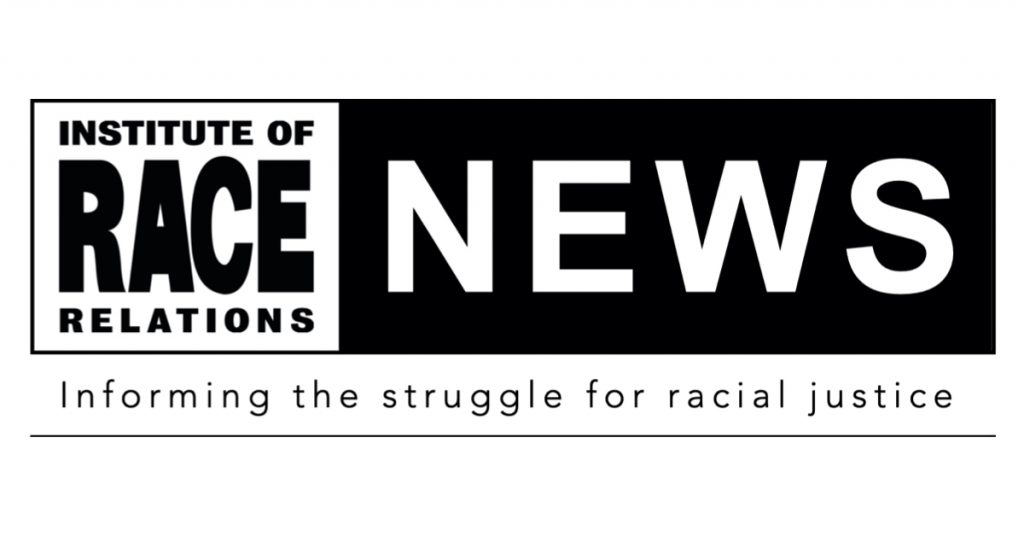25 June – 9 July
In his victory speech, the new prime minister spoke of a ‘mission of national renewal’, promising to reward those who ‘work hard’ and play by the rules’. Although early days, it was disappointing that Sir Keir Starmer did not outline how his ‘Country First’ programme for ‘working people’ would benefit the poor and vulnerable (mentioned once in passing). Also absent was any commitment to an anti-poverty strategy, or a programme of social renewal that would necessitate investment in public services, and a stop to neoliberal austerity-imposed cuts on health care, schools and youth services. This week on IRR News, the IRR’s poverty and inequality researcher, Jessica Perera, examines the heated debate on school absences from the perspective of the marginalised. She asks whether a new government will re-set the education agenda by injecting resources into schools. And she calls for a U-turn away from policies that counter school absences by sending police officers to the homes of absent pupils, punishing parents, and threatening them with fines and prosecutions.
This week in our regular calendar of racism and resistance we note the welcome news that the new government, in one of its first acts, has axed the Rwanda scheme, which prior to the election both Starmer and Yvette Cooper (now home secretary), had ridiculed as an ‘expensive gimmick’. Not so welcome, though, was Labour’s pledge, made days before voting, in an audience TV debate organised by the Sun newspaper, to step up removals to countries like Bangladesh. If Starmer is to follow through on his undertaking to ‘make sure we’ve got planes going off’ to ‘the countries where people come from’, there will inevitably be an increase in deportation flights, as well as immigration raids.
Campaigners, concerned about Labour’s lack of any commitment to safe passage for asylum seekers, will also be wary of Starmer’s pledge to stop Channel crossings by ‘Smashing the Gangs’. Will this just be the Conservatives’ ‘Stop the Boats’ approach in different guise? All the indications are that the new government will continue the hardline Conservative approach to immigration. A new Border Security Command (to include counter-terrorism officers) is proposed, as well as a Dublin regulation-style agreement, currently being negotiated with the EU, which would allow immediate return of asylum seekers there. It is an approach that seems to indicate that Nigel Farage and his far-right Reform UK, which won the support of 4 million voters, came in second in 103 constituencies, and now has 5 MPs, continues to have excessive influence over British immigration and asylum policy.

